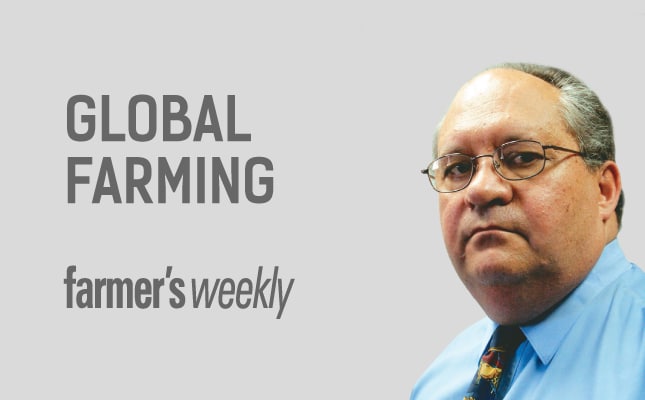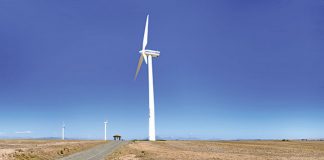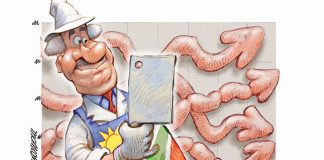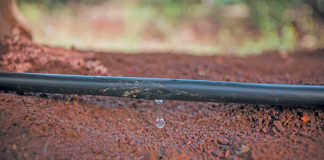
The World Bank defines food security as “when all people, at all times, have physical and economic access to sufficient safe and nutritious food that meets their dietary needs and food preferences for an active and healthy life”. Food security thus implies that food should be both available and affordable.
Policymakers have believed for many years that imports can secure a country’s food security.
When farmers complain about low prices, they are sometimes told they must be able to produce at import parity prices in order to survive.
The 2008 global food crisis resulted in more than 29 countries limiting food exports. Covid-19 and Russia’s invasion of Ukraine resulted in global food shortages.
Various countries enforced regulations to limit food exports, as they could no longer depend on imports to safeguard household food security. In times of crisis, countries protect their own food security.
Hard hit
Embargoes on food exports as a result of animal disease can severely decrease supply in importing countries.
Recently, pork exports from South Africa were halted as a result of the foot-and-mouth disease outbreak. In Namibia, the price of pork doubled and this commodity is currently more expensive than lamb.
Food affordability depends on food prices and on consumers’ ability to pay. The global food crisis caused by the Russia-Ukraine war saw a sharp increase in food prices. Vulnerable countries were especially hard hit.
In sub-Saharan Africa, where many consumers spend more than 30% of their total income on food, prices increased by more than 20% and public debt increased to nearly 60%, the highest since 2000. An estimated 123 million people in the region currently face serious food insecurity.
The South African consumer is fortunate. Local commercial farmers are able to produce food at much lower prices than ruling world prices.
White maize, which forms the basis for many South African diets, is selling at export parity prices, as local farmers can produce enough to supply local demand.
Food supply and food prices are not the only aspects that determine food security. For a jobless consumer, food is unaffordable at any price.
The factors that limit economic growth and employment in South Africa are well known: load-shedding, crime, and the deterioration of infrastructure, especially in rural areas.
While imports may provide lower prices in the short term, the low growth of local industries and job losses when businesses close down due to low-price imports mean that consumers cannot afford even lower-priced products.
In the longer run, consumers pay higher prices, as exporters cash in on uncompetitive markets.
Government options
Government can do much to ensure local food security. Local industries need protection against unfair trade practices.
World Trade Organization agreements enable government to implement trade measures, such as anti-dumping and countervailing duties on offending products.
Applying these measures is difficult, however, and applications are turned down frequently by the authorities or challenged successfully in court.
South Africa has reasonably high upper levels for import tariffs on agricultural products.
Instead of trying to get anti-dumping or other measures approved, it might be easier to increase the normal import tariff.
Threats
Although they try, commercial farmers in South Africa cannot fully cope with the deterioration of road and power supply infrastructure and the extent of rural crime, all of which limit production.
The recent threats about new water regulations and land reform discourage farmers from expanding production.
Government should see itself as the facilitator for commercial agriculture and stop trying to achieve uneconomical goals with discriminatory legislation.
Social grants contribute to food security for lower-income groups.
In the US, the Supplemental Nutrition Assistance Program provides funding to poor consumers to buy food. In South Africa, social grants are not limited to specific goods; they can be used for any purchase. If possible, portions of the grants could be allocated only for food purchases.
Dr Koos Coetzee is an independent agricultural economist.










